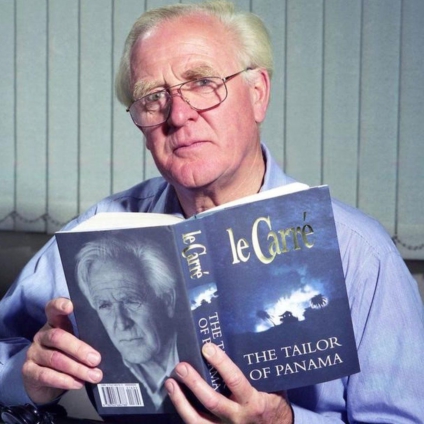
Audio By Carbonatix
John le Carré was the pseudonym of the author David Cornwell, judged by many to be the master of the spy novel.
Meticulously researched, and elegantly written, many of his books reached a wider audience through TV and film adaptations.
Le Carré stripped away the glamour and romance that were a feature of the James Bond novels and instead examined the real dark and seedy life of the professional spy.
In the twilight world of le Carré's characters the distinction between good and bad, right and wrong was never that clear cut.
David John Moore Cornwell was born on 19 Oct 1931 in Poole, Dorset.
His father, known as Ronnie, was a fraudster, described by one biographer as "an epic con man of little education, immense charm, extravagant tastes, but no social values.
Those exploits gave the young Cornwell an early introduction to the arts of deception and double-dealing which would form the core of his writing.
His mother walked out when he was five and the young David invented the fiction that his father was in the secret service to explain his many absences from home.
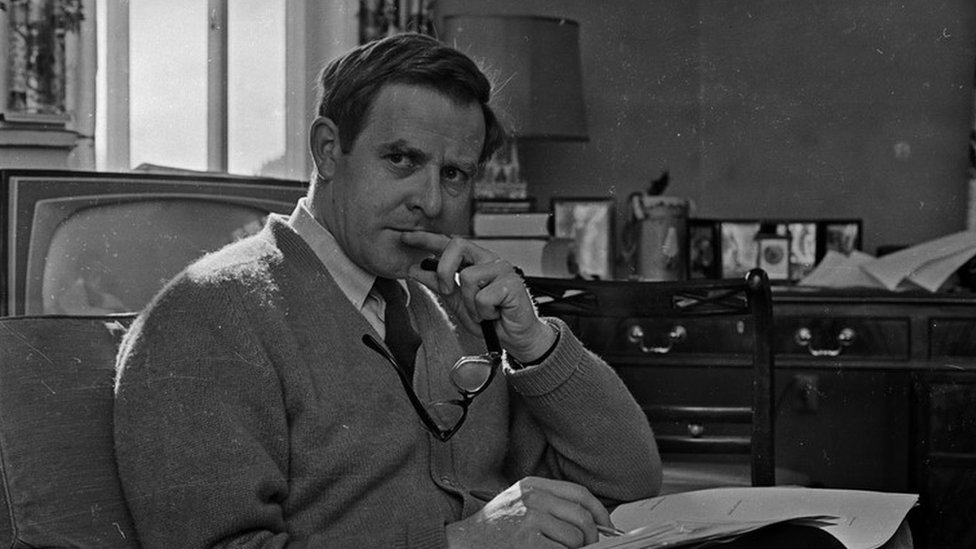
After attending Sherborne School he went on to the University of Berne to study foreign languages.
He did his military service in the Army Intelligence Corps, running low grade agents into the eastern bloc before going to Lincoln College, Oxford, where he gained a BA.
After teaching at Eton for two years he joined the Foreign Office, initially as Second Secretary at the British Embassy in Bonn.
During his time there he worked in the intelligence records department and began scribbling down ideas for spy stories on his trips between work and home.
'Excellence in his profession'
His first novel, Call For The Dead, appeared in 1961 while he was working for the intelligence service.
He adopted the pen name, John le Carré, to get around a ban on Foreign Office employees publishing books under their own name.
The story introduced characters who would reappear in subsequent novels including his most famous creation, George Smiley.
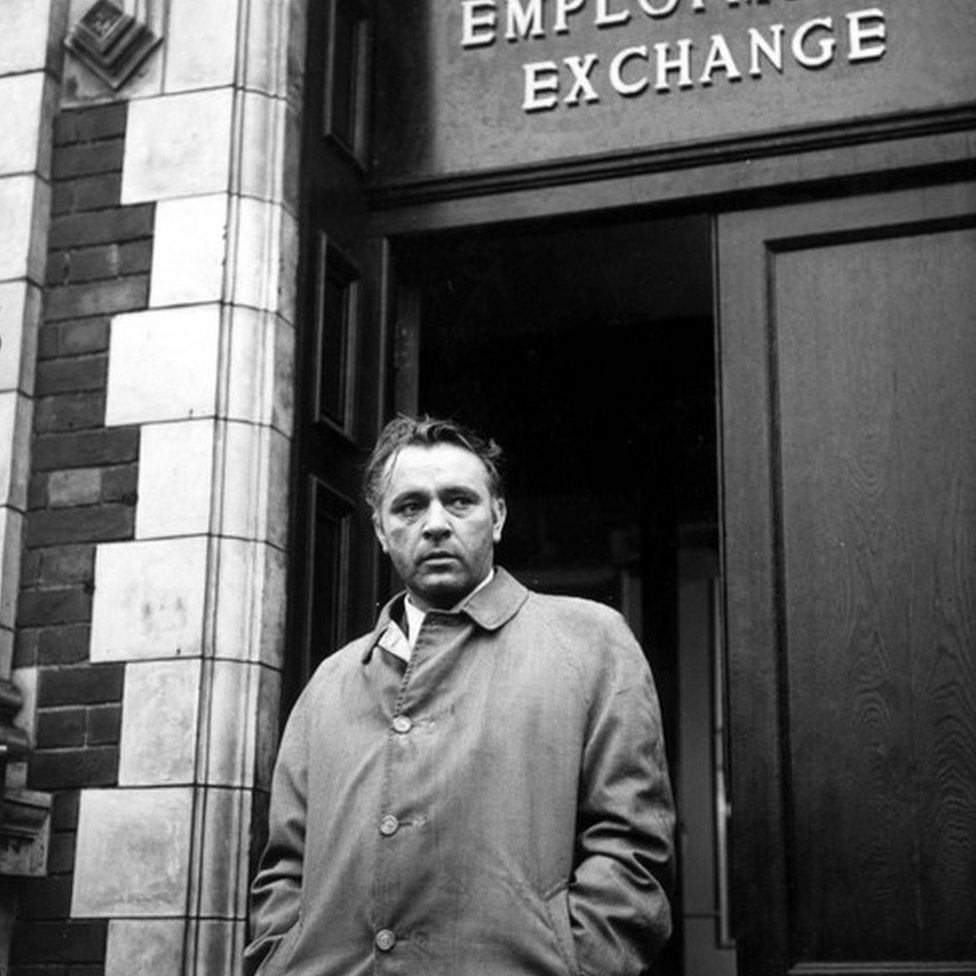
"The moment I had Smiley as a figure, with that past, that memory, that uncomfortable private life and that excellence in his profession, I knew I had something I could live with and work with."
Le Carré's career as a spy ended when he became one of many British agents whose names were given to the Russians by the traitor Kim Philby.
Philby, who defected to Moscow, later became the inspiration for the mole "Gerald" in Tinker Tailor, Soldier, Spy.
It was his third novel, The Spy Who Came In From The Cold, which cemented his reputation and allowed him to take up writing full time.
Fallible human beings
Published at the height of the Cold War it challenged the perception held by many of his readers, that western spies were above the dirty tricks practiced by their counterparts in the east.
The novel won the Golden Dagger award for crime fiction and was turned into a memorable film with Richard Burton in the role of the disillusioned spy, Alec Leamas.
In direct contrast to Ian Fleming's romantic James Bond fantasies, le Carré portrayed his spies as fallible human beings, fully aware of their own shortcomings and those of the systems they served.
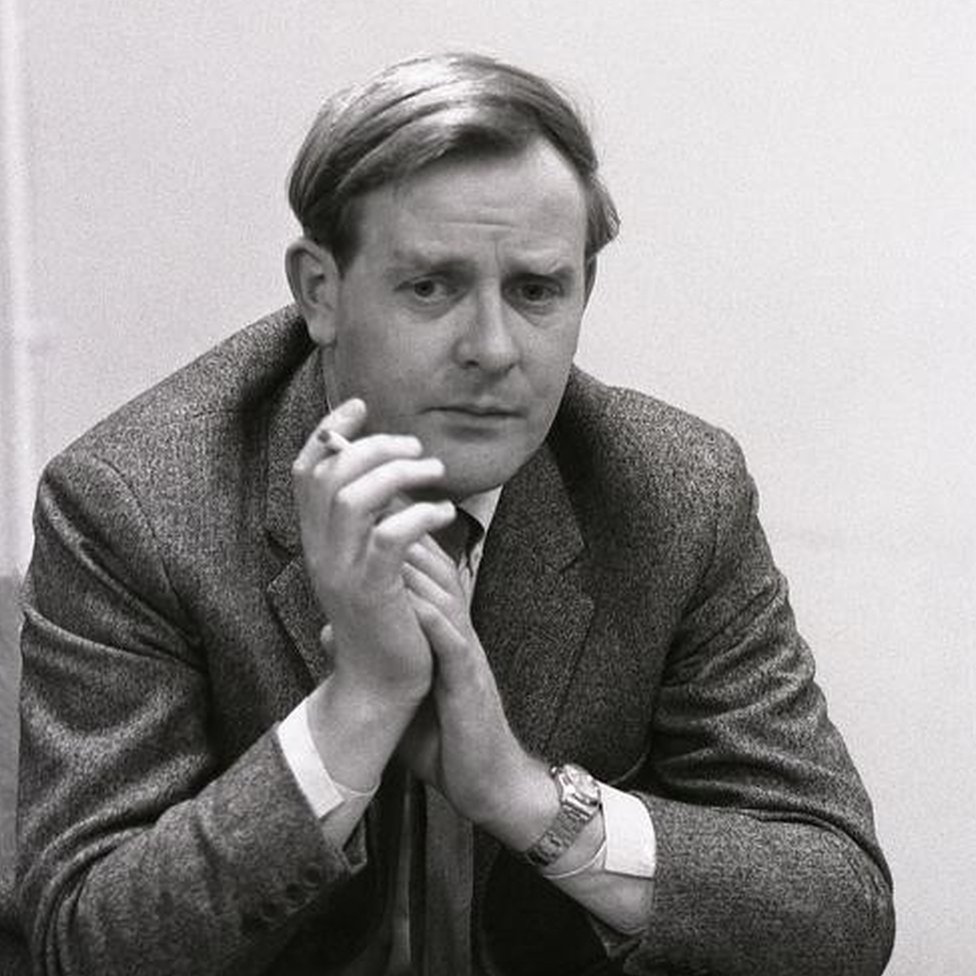
Le Carré believed that The Looking Glass War, published in 1965, was his most realistic description of the intelligence world in which he had worked, and cited that as the main reason for its lack of success.
The follow up, A Small Town in Germany, was set in Bonn, where le Carré had worked, and warned of the dangers posed by a revival of the far right in German politics.
In 1971 he published an autobiographical novel The Naïve And Sentimental Lover, based on the break up of his first marriage to Alison Sharp.
His character, George Smiley, re-emerged in his trilogy, Tinker Tailor, Soldier, Spy, The Honourable Schoolboy and Smiley's People.
Well-hidden expertise
The books took his readers deep into "the circus" with jargon such as "honey trap", "mole" and "lamplighter" becoming common parlance.
They also raised serious questions about the lengths to which even democracies would go to preserve their own secrets, something that exercised le Carré greatly.
He argued that in a world where official secrecy is all-pervasive, the spy novel performed a necessary democratic function. To hold up a mirror, however distorted, to the secret world and demonstrate the monster it could become.

Ironically, he delighted in maintaining secrecy in his own personal life, refusing for many years to even acknowledge that he had been a spy himself.
He jealously guarded his privacy, travelling alone and incognito when he set off to research his novels.
For years he refused invitations to do any interviews, maintaining that what he wrote was "the stuff of dreams, not reality" and he was not, as the press seemed to imply, an expert on espionage.
As the Soviet bloc began to implode le Carré switched his attention to the conflict in Palestine with his 1983 novel The Little Drummer Girl.
Political engagement
Three years later he finally managed to exorcise the memory of his father with the publication of A Perfect Spy, which many critics consider his most accomplished work.
The life of the spy, Magnus Pym, is dominated by memories of his father Rick, a rogue and con-man whose character is firmly based on Ronnie Cornwell.
In 1987, after years of being ostracised by the Soviet authorities, le Carré was given permission to spend two weeks in Russia, as a guest of the Soviet Writers' Union.
It was rumoured that the wife of the Russian leader, Raisa Gorbachev, was a fan of le Carré's books and that she had a hand in gaining the necessary Kremlin approval for the trip.
His output continued to be prolific with a 1989 novel, The Russia House, marking the end of the Cold War, and the reappearance of George Smiley in The Secret Pilgrim in 1991.
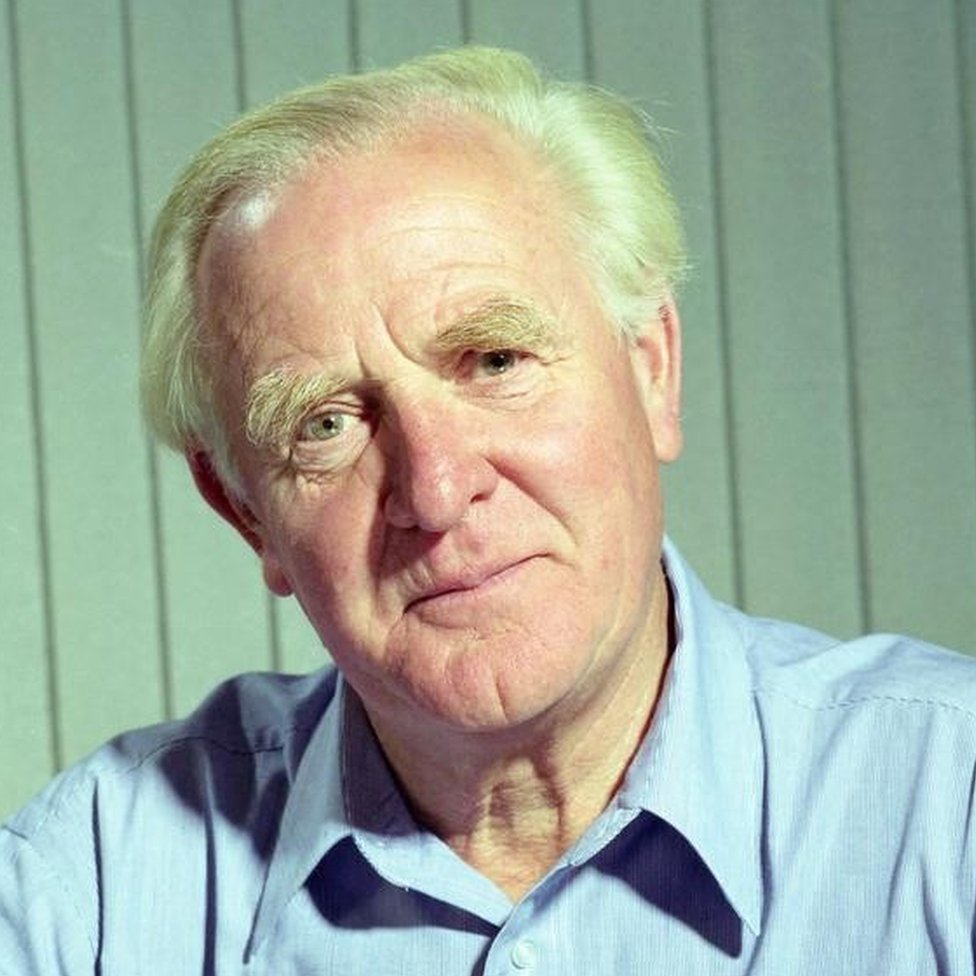
The 1996 novel, Tailor of Panama was inspired by the Graham Greene story, Our Man in Havana, while The Constant Gardener, published in 2000, saw him switch his attention corruption in Africa.
In 2003 he joined a number of writers attacking the US led invasion of Iraq in an essay entitled, The United States of America Has Gone Mad.
"How Bush and his junta succeeded in deflecting America's anger from bin Laden to Saddam Hussein is one of the great public relations conjuring tricks of history", he wrote.
His remarks probably contributed to accusations of anti-American bias in his 2004 book Absolute Friends, an examination of the lives of two radicals from 1960s America, coming to terms with advancing age.
In 2006 his 20th novel, Mission Song, detailed the sometimes complex relationships between business and politics in the Congo.
Notably self-disparaging about his own achievements he consistently refused honours, insisting that there would never be a Sir David Cornwell.
"A good writer is an expert on nothing except himself", he once said. "And on that subject, if he is wise, he holds his tongue".
Latest Stories
-
Ghana is rising again – Mahama declares
5 hours -
Firefighters subdue blaze at Accra’s Tudu, officials warn of busy fire season ahead
5 hours -
New Year’s Luv FM Family Party in the park ends in grand style at Rattray park
5 hours -
Mahama targets digital schools, universal healthcare, and food self-sufficiency in 2026
5 hours -
Ghana’s global image boosted by our world-acclaimed reset agenda – Mahama
6 hours -
Full text: Mahama’s New Year message to the nation
6 hours -
The foundation is laid; now we accelerate and expand in 2026 – Mahama
6 hours -
There is no NPP, CPP nor NDC Ghana, only one Ghana – Mahama
6 hours -
Eduwatch praises education financing gains but warns delays, teacher gaps could derail reforms
6 hours -
Kusaal Wikimedians take local language online in 14-day digital campaign
7 hours -
Stop interfering in each other’s roles – Bole-Bamboi MP appeals to traditional rulers for peace
7 hours -
Playback: President Mahama addresses the nation in New Year message
8 hours -
Industrial and Commercial Workers’ Union call for strong work ethics, economic participation in 2026 new year message
10 hours -
Crossover Joy: Churches in Ghana welcome 2026 with fire and faith
10 hours -
Traffic chaos on Accra–Kumasi Highway leaves hundreds stranded as diversions gridlock
10 hours

